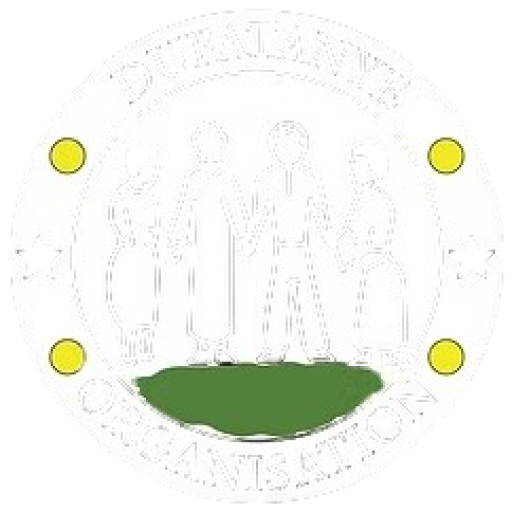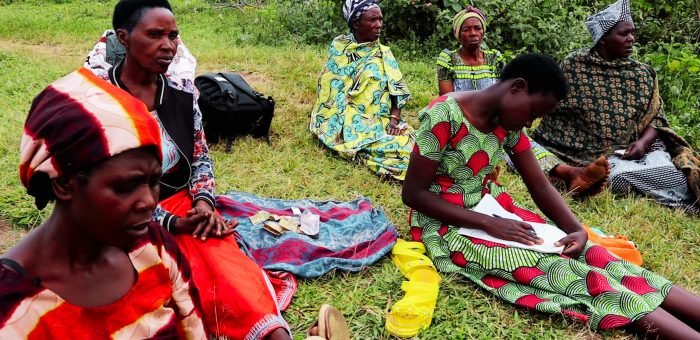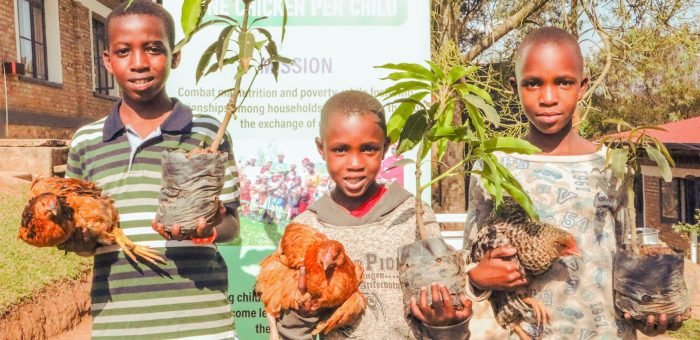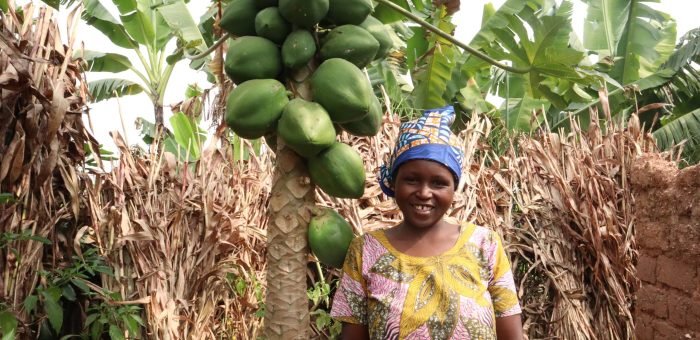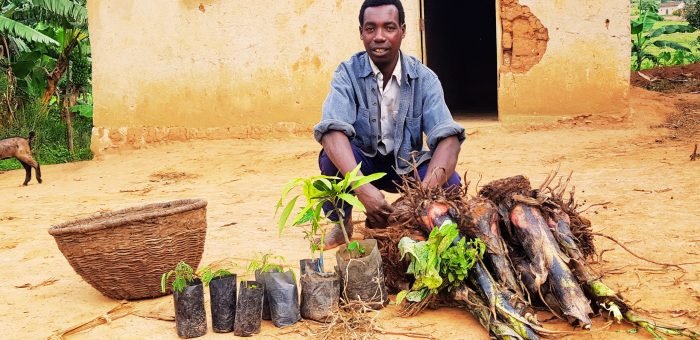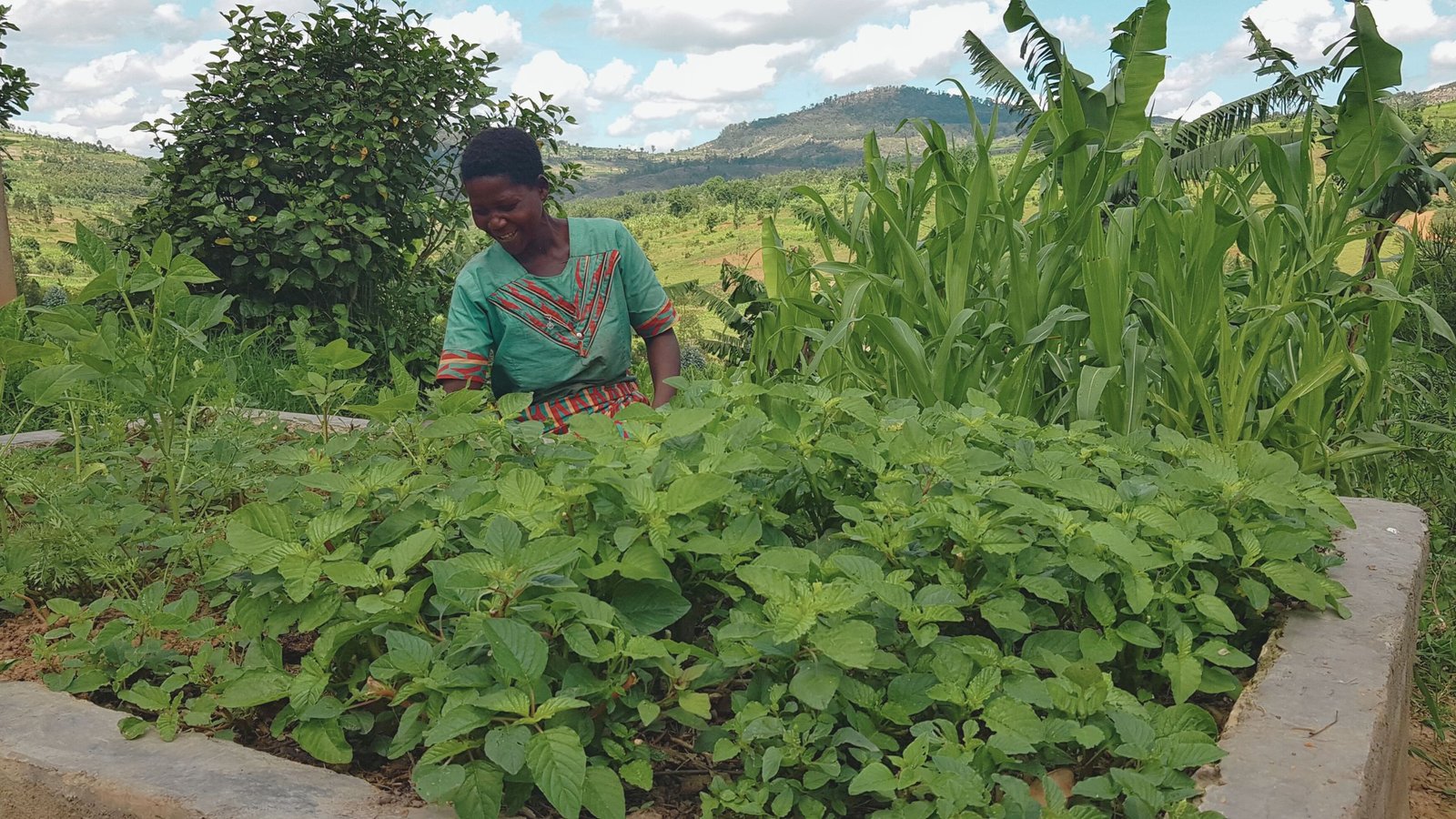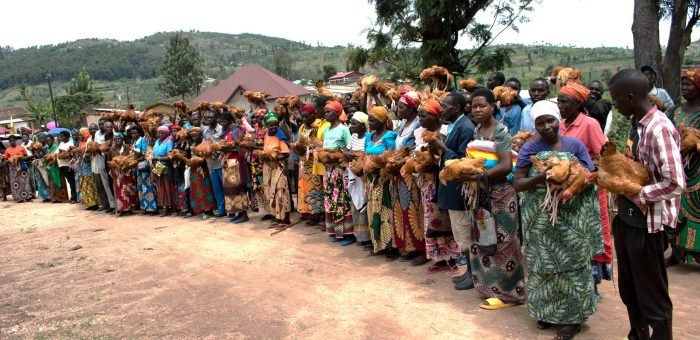
The Livelihood Support Program
The Livelihood Support Program The Livelihood Support Program at Dufatanye Organization is designed to empower vulnerable households within the Villages of Hope by providing them with essential resources that serve both immediate needs and long-term goals. This program focuses on enhancing families' ability to generate income, improve their nutrition, and overcome the socio-economic challenges they face. By distributing items such as clothing, chickens, and pigs, the program creates opportunities for sustainable income generation. These resources serve as assets that families can use for selling, breeding, or personal consumption. The livestock, for example, can be a source of ongoing income through the sale of eggs, milk, or offspring, which contributes to improved economic stability. The chickens and pigs also provide essential protein, helping to combat malnutrition and stunting among children and…
